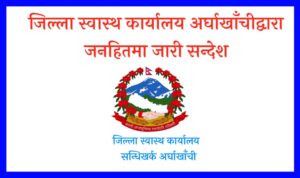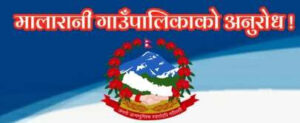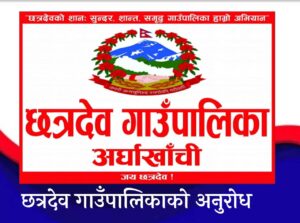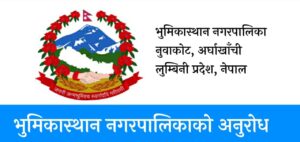The UN Security Council committee on Al Qaeda sanctions has blacklisted Nigerian Islamist militant group Boko Haram after the insurgents kidnapped hundreds of schoolgirls last month, diplomats said.
It will now be added to a list of al-Qaeda-linked organisations subject to an arms embargo and asset freeze.
“What will the practical impact of that be? Hard to say but it’s an essential step we had to take,” said Australian UN Ambassador Gary Quinlan, the al-Qaeda sanctions committee chair, adding that the aim was to “dry up support” for the group.
“We will work to try and make sure that anybody supplying any material assistance to Boko Haram – whether funding or arms – will in fact be stopped, will be deterred by the fact they too will be eligible for listing on the sanctions list.”
US envoy Samantha Power said it was an “important step” in support of efforts to “defeat Boko Haram and hold its murderous leadership accountable”.
Boko Haram was added to the al-Qaeda Sanctions Committee’s list of designated entities on Thursday at the request of Nigeria.
“Today, the Security Council took an important step in support of the government of Nigeria’s efforts to defeat Boko Haram and hold its murderous leadership accountable for atrocities,” Power said.
The sanctions designation would help “close off important avenues of funding, travel and weapons” to the group, she added.
On Wednesday, Nigeria’s permanent representative, U Joy Ogwu, said: “The important thing is to attack the problem, and that is terrorism.”
Boko Haram, based in northeast Nigeria, has killed thousands of people since 2010 in its bid to force the government to adopt strict Islamic law. The group has been in the international spotlight since abducting almost 300 schoolgirls in northern Nigeria in mid-April.
The United States announced Wednesday that 80 military personnel had been deployed to neighbouring Chad to help find the 223 missing girls.
Nigeria has also accepted help from British, French and Israeli specialists amid a groundswell of pressure fuelled by a social media campaign.
Source: THE TIMES OF EARTH and agencies




